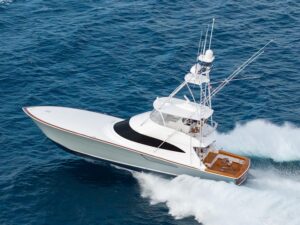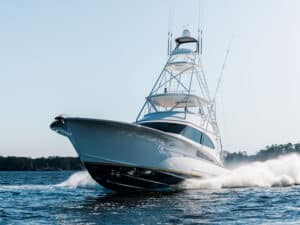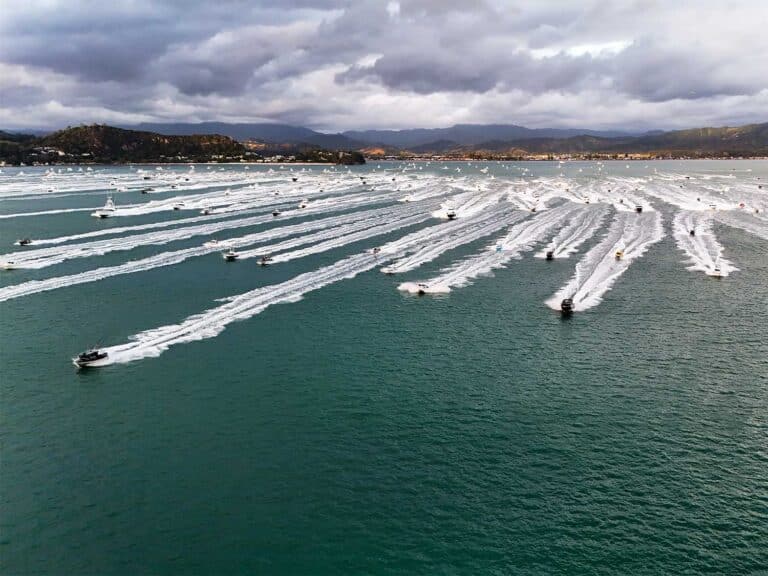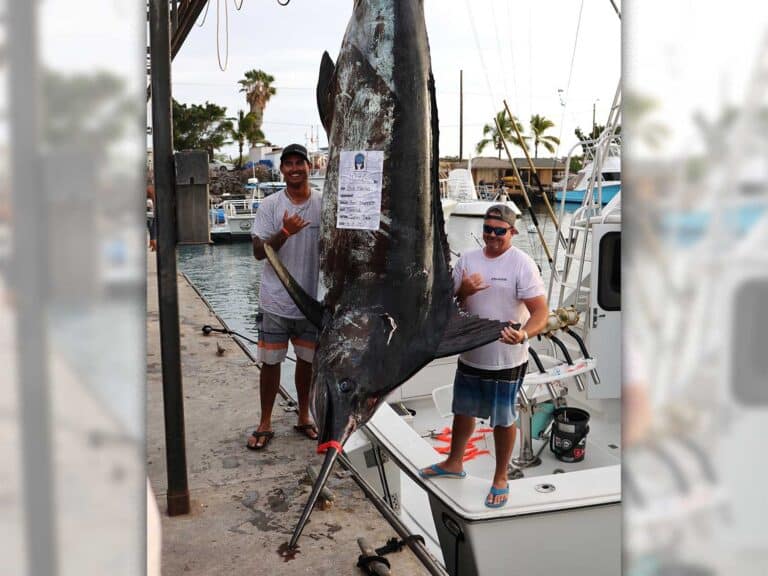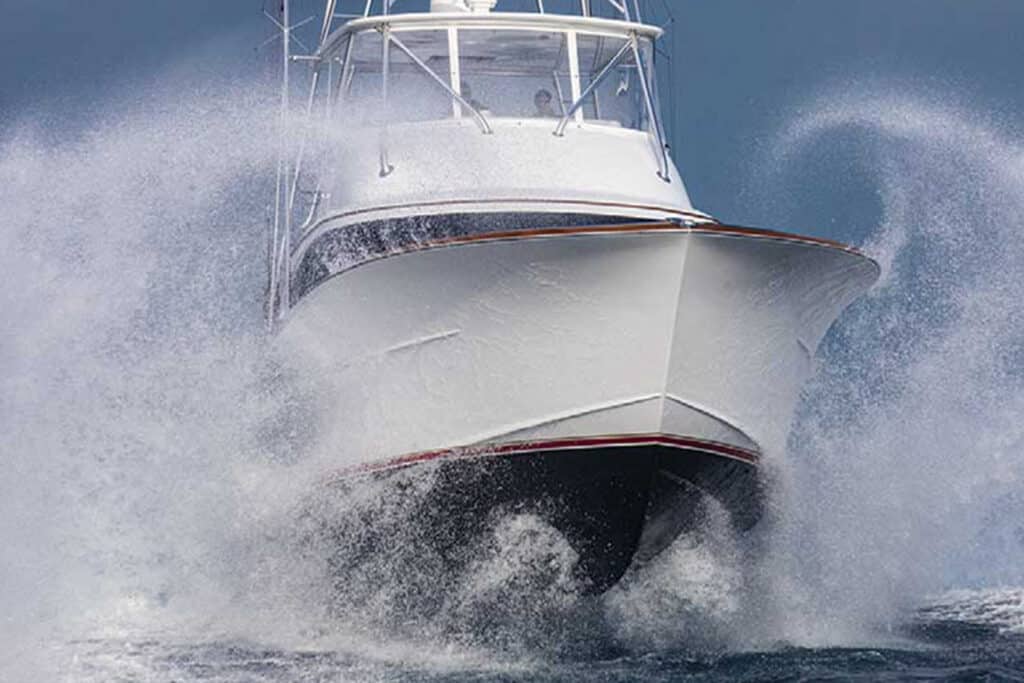
There are many issues which could have a significant impact on the future of sport fishing—a significant one is the proposed changes to the North Atlantic right whale vessel-speed-reduction rule. In mid-December 2023, US Reps. Mary Sattler Peltola, Vicente Gonzalez, Henry Cuellar and Brendan Boyle wrote NOAA Fisheries assistant administrator Janet Coit, urging her to suspend further action on the proposed changes. The proposed federal regulations—now in the final rule-making stage—would broaden the current 10-knot speed restriction to include vessels 35 feet and larger (down from 65 feet), expand the slow-speed zones from the whales’ known calving areas to essentially the entire East Coast as far as 90 miles offshore in some areas, and extend those speed restrictions for up to seven months a year.
The letter states, “NOAA Fisheries can and should set aside the flawed proposed rule and instead carry out the full and vigorous exploration of technological solutions that can achieve the conservation goals while still allowing reasonable access to public resources. Working collaboratively with subject matter experts who specialize in whale monitoring and detection, as well as communications systems that can get information to vessel operators where and when they need it most must remain the top priority for NOAA Fisheries. Not all of us represent districts on the East Coast, but we share concerns regarding the economic ripple effects of these restrictions and the implications for how NOAA Fisheries would conduct marine mammal protection management elsewhere in the United States.”
Among many other flawed factors, NOAA’s risk-encounter model assumes a 30-foot draft-depth criteria when calculating vessel-strike risk, a number more commonly associated with commercial shipping vessels. However, recreational vessels in the 35-to-65-foot range rarely draft more than 6 feet. In addition, an analysis of NOAA data found approximately 5.1 million recreational fishing trips were taken in this region by vessels in this size range since 2008. With just five right whale strikes occurring during that period, and assuming all were from recreational vessels, the chance of a whale strike is at most 0.000098 percent, or literally less than one in a million.
Peltola is also the lead co-sponsor of HR 4323, a bill that would prohibit NOAA from issuing a rule that modifies or replaces the current North Atlantic right whale speed-reduction rule until technological solutions recently authorized by Congress can help better track whales and avoid strikes. As of this writing in February 2024, that bill is awaiting review in the House Subcommittee on Coast Guard and Maritime Transportation.
